November 17, 2018
The vast majority of the AI advancements and applications you hear about refer to a category of algorithms known as machine learning. (For more background on AI, check out our first flowchart here.)
Recommended for You
One of the fathers of AI is worried about its future
The kilogram is being redefined as a fundamental constant, not just a chunk of metal
The US military is testing stratospheric balloons that ride the wind so they never have to come down
The rare form of machine learning that can spot hackers who have already broken in
Machine learning, meet quantum computing
Machine-learning algorithms use statistics to find patterns in massive* amounts of data. And data, here, encompasses a lot of things—numbers, words, images, clicks, what have you. If it can be digitally stored, it can be fed into a machine-learning algorithm.
Machine learning is the process that powers many of the services we use today—recommendation systems like those on Netflix, YouTube, and Spotify; search engines like Google and Baidu; social-media feeds like Facebook and Twitter; voice assistants like Siri and Alexa. The list goes on.
In all of these instances, each platform is collecting as much data about you as possible—what genres you like watching, what links you are clicking, which statuses you are reacting to—and using machine learning to make a highly educated guess about what you might want next. Or, in the case of a voice assistant, about which words match best with the funny sounds coming out of your mouth.
Frankly, this process is quite basic: find the pattern, apply the pattern. But it pretty much runs the world. That’s in big part thanks to an invention in 1986, courtesy of Geoffrey Hinton, today known as the father of deep learning.
Learn more / En savoir plus / Mehr erfahren:
https://www.scoop.it/t/21st-century-learning-and-teaching/?&tag=machine+learning
Via Gust MEES



 Your new post is loading...
Your new post is loading...

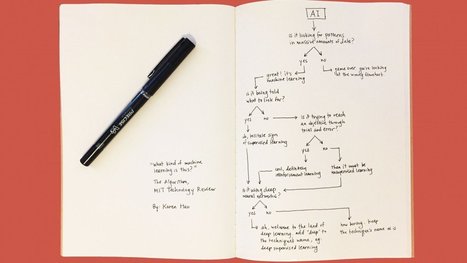









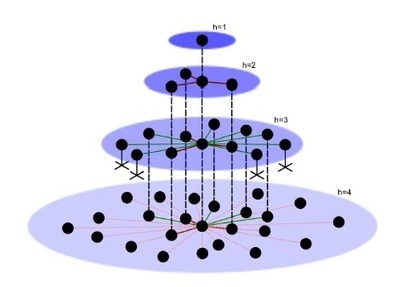




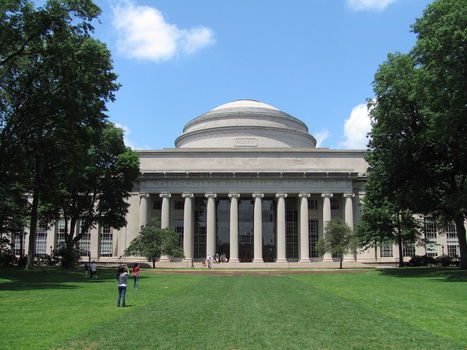
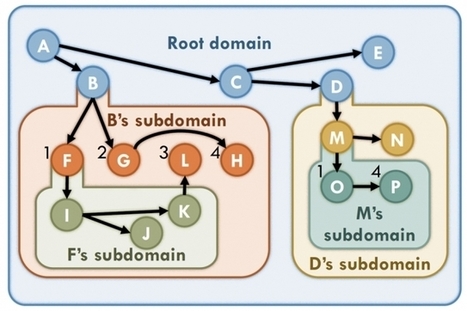
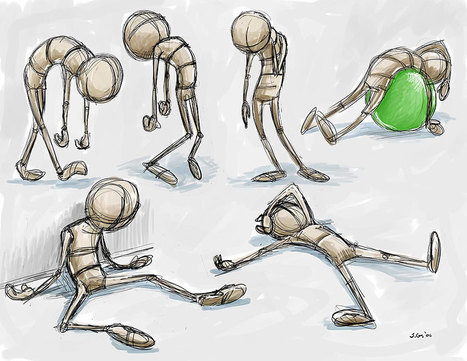
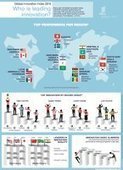
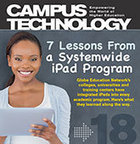




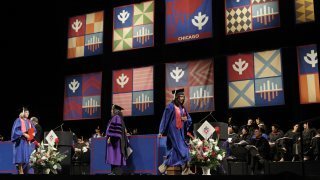





November 17, 2018
The vast majority of the AI advancements and applications you hear about refer to a category of algorithms known as machine learning. (For more background on AI, check out our first flowchart here.)
Recommended for You
One of the fathers of AI is worried about its future
The kilogram is being redefined as a fundamental constant, not just a chunk of metal
The US military is testing stratospheric balloons that ride the wind so they never have to come down
The rare form of machine learning that can spot hackers who have already broken in
Machine learning, meet quantum computing
Machine-learning algorithms use statistics to find patterns in massive* amounts of data. And data, here, encompasses a lot of things—numbers, words, images, clicks, what have you. If it can be digitally stored, it can be fed into a machine-learning algorithm.
Machine learning is the process that powers many of the services we use today—recommendation systems like those on Netflix, YouTube, and Spotify; search engines like Google and Baidu; social-media feeds like Facebook and Twitter; voice assistants like Siri and Alexa. The list goes on.
In all of these instances, each platform is collecting as much data about you as possible—what genres you like watching, what links you are clicking, which statuses you are reacting to—and using machine learning to make a highly educated guess about what you might want next. Or, in the case of a voice assistant, about which words match best with the funny sounds coming out of your mouth.
Frankly, this process is quite basic: find the pattern, apply the pattern. But it pretty much runs the world. That’s in big part thanks to an invention in 1986, courtesy of Geoffrey Hinton, today known as the father of deep learning.
Learn more / En savoir plus / Mehr erfahren:
https://www.scoop.it/t/21st-century-learning-and-teaching/?&tag=machine+learning